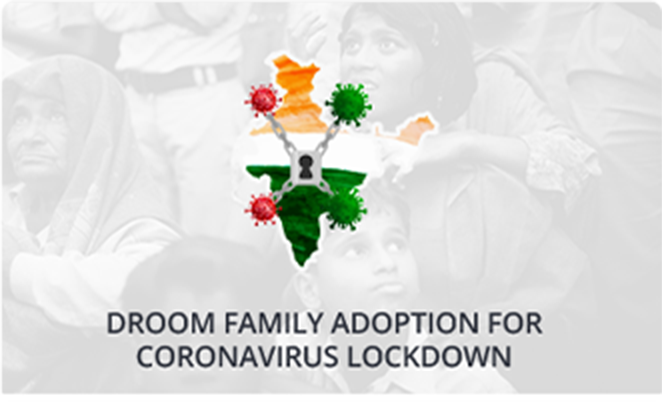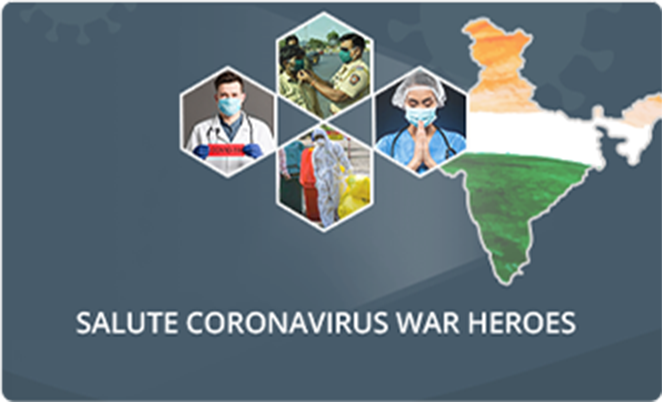Share your Basic Details and we will Reach Out to you in a flash
*All fields are mandatoryTechnician Name :Ninja
Technician Contact :Not Availaible

Droplet Based Germs is a disease that was identified in Wuhan, China, and is now being spread throughout the world. It is a respiratory illness that can spread from person to person.There is currently no vaccine to protect against Droplet Based Germs. It has currently infected over 1.5 million people worldwide with 6,000+ cases in India (and still counting). Join hands with Droom in this fight!
Droom, as a company, hopes and wishes for everyone's safety and health during this hard time. Practice social distancing diligently. We have compiled a ton of resource from the major credible sources for you to be aware in these times. We are all in this together and we will come out as victors! Always remember to take preventive measures to keep yourself safe, and try to do your bit by helping the needy from our Donations platforms.








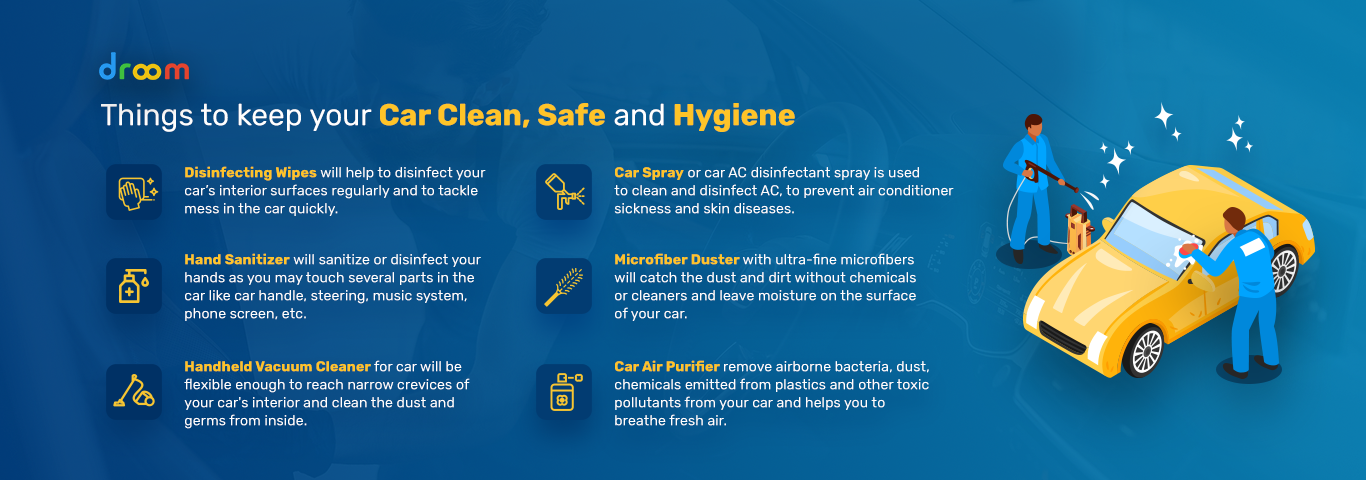
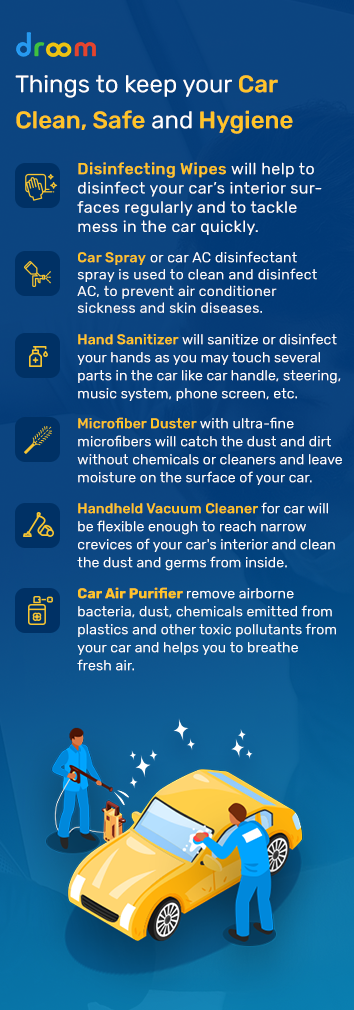
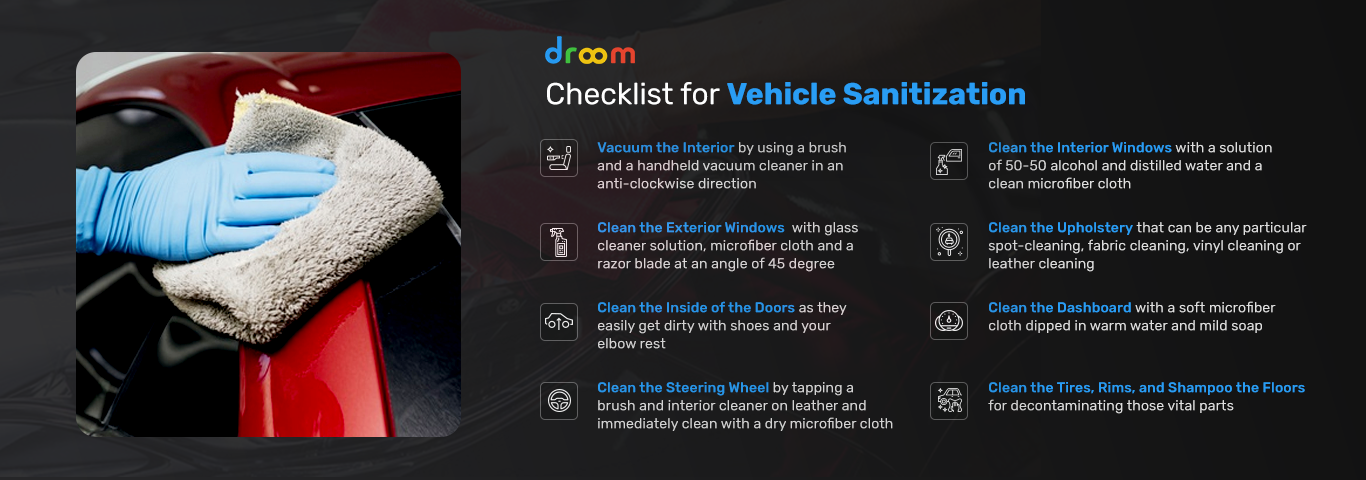
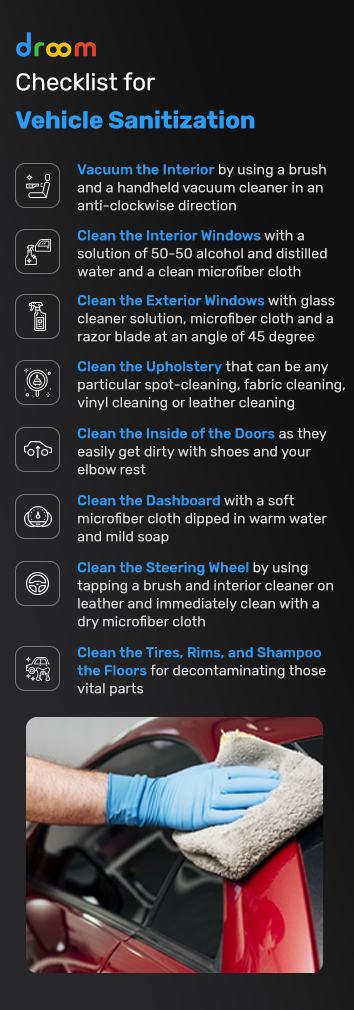
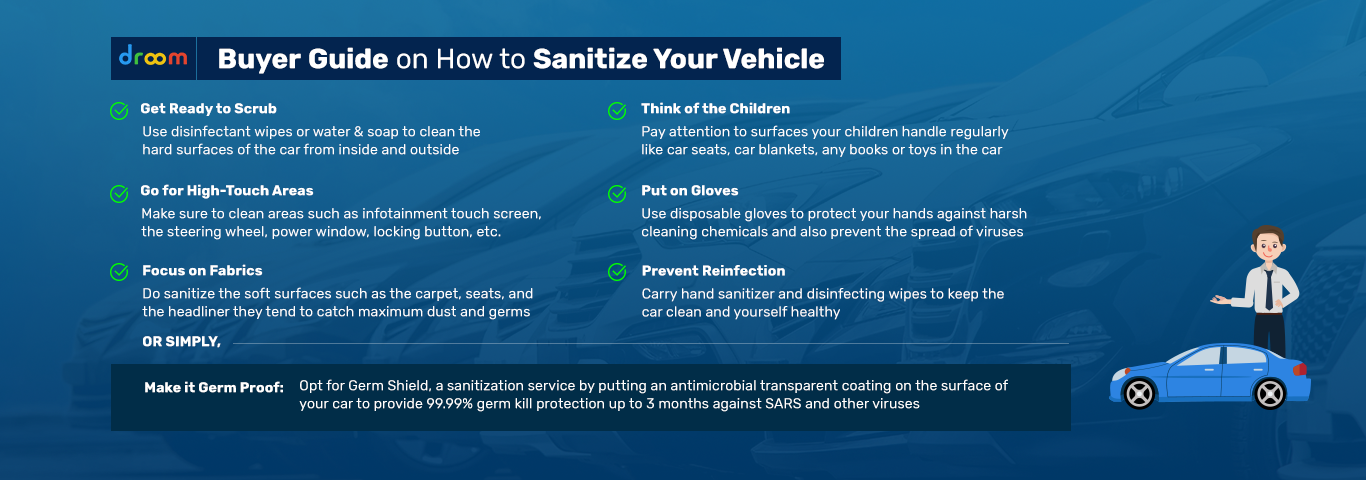
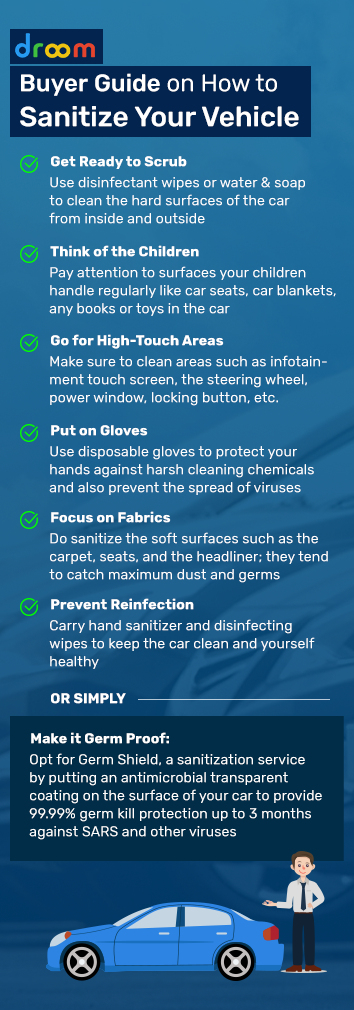
 Germ Shield Buyer Guide
Germ Shield Buyer Guide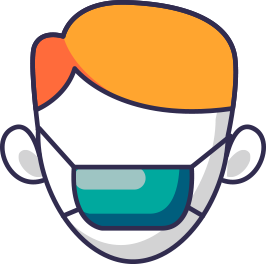
Cover your nose and mouth when sneezing or coughing
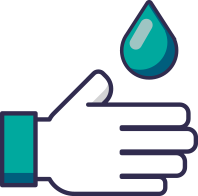
Wash your hands frequently With an alcohol based soap

Avoid touching eyes, nose, mouth with unwashed hands

Practice Social Distancing strictly
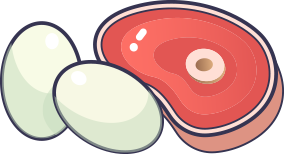
Ensure that meat and eggs are thoroughly cooked
Social distancing includes several measures that can slow down the spread of Droplet Based Germs to prevent hospitals from becoming overwhelmed with sick individuals. If the novel Droplet Based Germs is allowed to spread, unchecked by social distancing, there might not be enough beds in intensive care units for all the people that need them. India has currently around 1 Lakh ventilation beds only. With proper social distancing practice, we can reduce the number of cases by 80%.
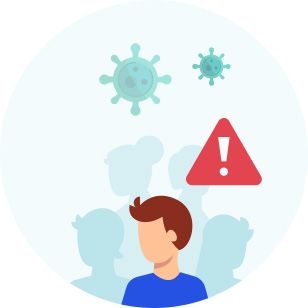
Stay aware of the latest information on the Coronavirus outbreak, available on the WHO website and through your national and local public health authority. Many countries around the world have seen cases of Coronavirus and several have seen outbreaks. Authorities in China and some other countries have succeeded in slowing or stopping their outbreaks. However, the situation is unpredictable so check regularly for the latest news. (Source: WHO)
You can reduce your chances of being infected or spreading Coronavirus by taking some simple precautions:





